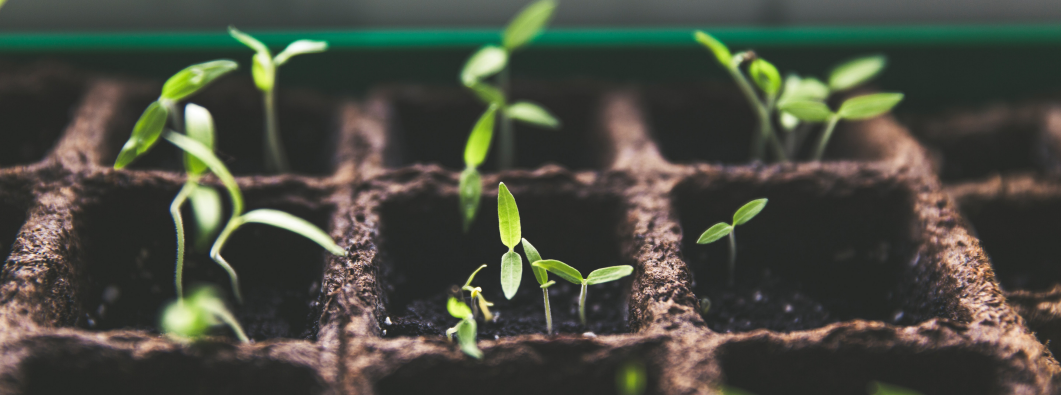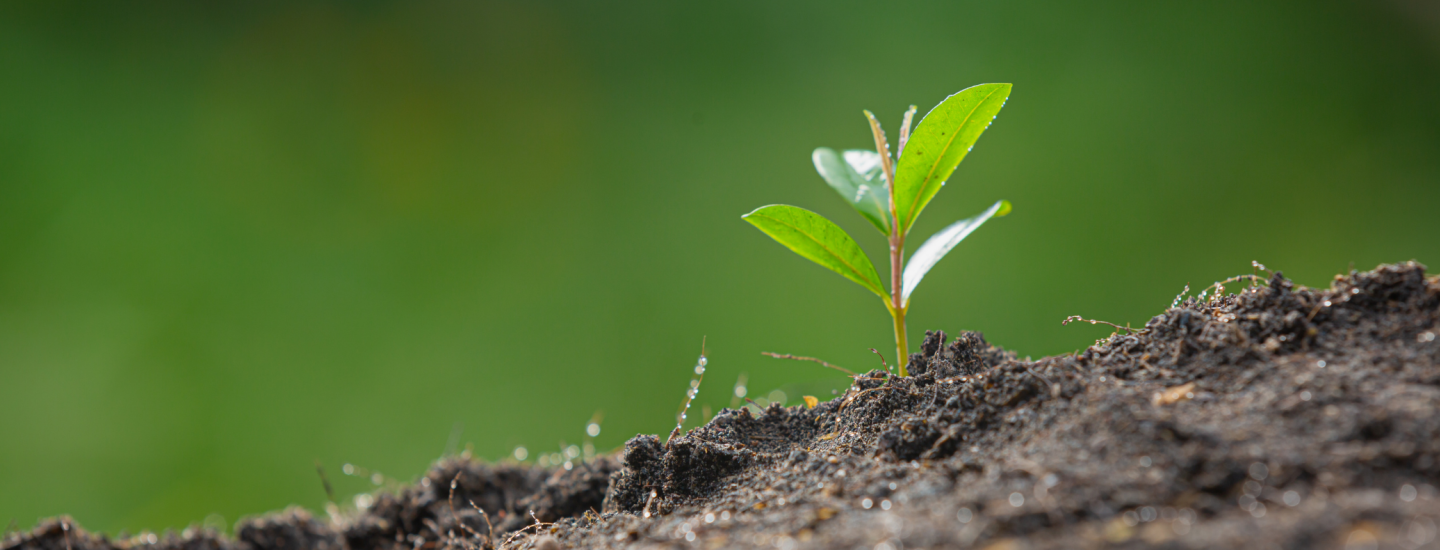
Arctic Call to Action on Food Security and Climate Change
For decades, the number of people living in hunger was declining, but since 2015 this number has once again started to increase.
According to the 2021 UN report on the State of Food Security and Nutrition in the World, it is projected that between 720 and 811 million people in the world faced hunger in 2020. This is between 118 million and 168 million more people facing hunger in 2020 than in 2019.
Reversing this trend and ending hunger and all forms of malnutrition by 2030 is an immense challenge, but it is also essential. The Sustainable Development Goal (SDG) 2 on Zero Hunger and its target 2.5 – maintaining the genetic diversity of seeds, cultivated plants and farmed and domesticated animals and their related wild species – is particularly relevant to these efforts, and was addressed in Svalbard, Norway.
At the invitation of the SDG Advocate co-Chair, the Prime Minister of Norway, in February 2020, a group of SDG Advocates visited the Arctic archipelago of Svalbard, Norway, to discuss food security and climate change.
During the meeting, the SDG Advocates discussed ways to achieve food security and the role of genetic diversity in human wellbeing and sustainable agriculture.
They, along with the Special Envoy of the Secretary-General for the 2021 Food Systems Summit, attended a seed deposit event at the Svalbard Global Seed Vault which is a backup facility for the genetic diversity of seeds for future generations. They also adopted the Arctic Call to Action on Food Security and Climate Change.

Today, 60 % of human’s daily calories come from just four crops: wheat, rice, maize and potato. It is the vast range of species and varieties cultivated by farmers that underpins the resilience of the food supply. People are dependent on genetic diversity for food security, wellbeing and health. In addition, genetic diversity helps to grow more heat-, drought- and flood-resistant crops by thus contributing to sustainable agriculture.
“We urge all citizens, in particular agricultural decision-makers, to give priority to the sustainable use and conservation of agricultural biodiversity for future generations and ensure equitable sharing of benefits arising from these resources,” stressed the SDG Advocates.
Small-scale food producers play a key role in ensuring global food security, but they are vulnerable to the impacts of climate change. Supporting these producers so that they can adapt to climate change should be a key priority.
Achieving the SDGs, in particular Zero Hunger, will require large-scale public mobilization and actionable commitments. Only then it will be possible to make food systems sustainable, climate-adapted, resilient and to the benefit of all.



